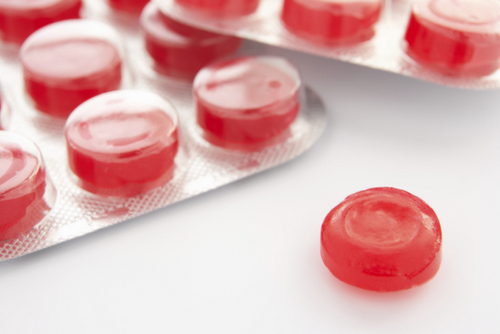Why Your Mouth Doesn't Like Cough Drops
Posted on 8/15/2025 by Singing River Dentistry - Athens |

We've all been there. A tickle in the back of your throat, a nagging cough, and the desperate search for relief. Cough drops seem like the perfect solution, offering a soothing sweetness and a promise to quell that pesky cough. But what if I told you that cough drops might not be doing your mouth any favors?
As a general dentist, I'm dedicated to helping patients understand the importance of oral care. While cough drops might seem harmless, they can actually contribute to several oral health problems. Let's dive into why your mouth might not be a fan of these seemingly innocent treats.
The Sweet Deception: Sugar and Your Teeth
Many cough drops are loaded with sugar, which can be detrimental to your teeth. Sugar feeds the bacteria in your mouth, leading to the production of acid that erodes tooth enamel. This can cause cavities, sensitivity, and even tooth loss.
Even sugar-free cough drops aren't completely off the hook. Many contain artificial sweeteners like xylitol or sorbitol. While these sweeteners don't directly contribute to tooth decay, they can have a laxative effect, causing discomfort and dehydration.
The Dry Spell: Saliva and Your Oral Health
Saliva plays a crucial role in maintaining a healthy mouth. It washes away food particles, neutralizes acids, and even helps fight bacteria. Unfortunately, many cough drops contain ingredients that can dry out your mouth, reducing saliva production.
This decrease in saliva can lead to several problems, including bad breath, increased risk of cavities, and even difficulty swallowing. So, while a cough drop might temporarily soothe your throat, it could be compromising your oral health in the long run.
Prevention is Key: Alternative Solutions for Cough Relief
Instead of relying on cough drops, consider alternative solutions for soothing your cough and throat irritation:
| • |
Hydration: Drinking plenty of water is essential for keeping your mouth moist and flushing out toxins. |
| • |
Warm liquids: Sipping on warm broth, tea, or even just warm water can help soothe a sore throat. |
| • |
Gargling with salt water: This can help reduce inflammation and irritation in the throat. |
| • |
Sucking on lozenges: Look for sugar-free lozenges made with soothing ingredients like honey or ginger. |
| • |
Addressing the underlying cause: If your cough is persistent, it's important to see a doctor to determine the underlying cause and receive proper treatment. |
Remember, prevention is always the best medicine. By making informed choices and prioritizing good oral hygiene practices, you can keep your mouth healthy and happy, even when a cough comes knocking.
|
|
